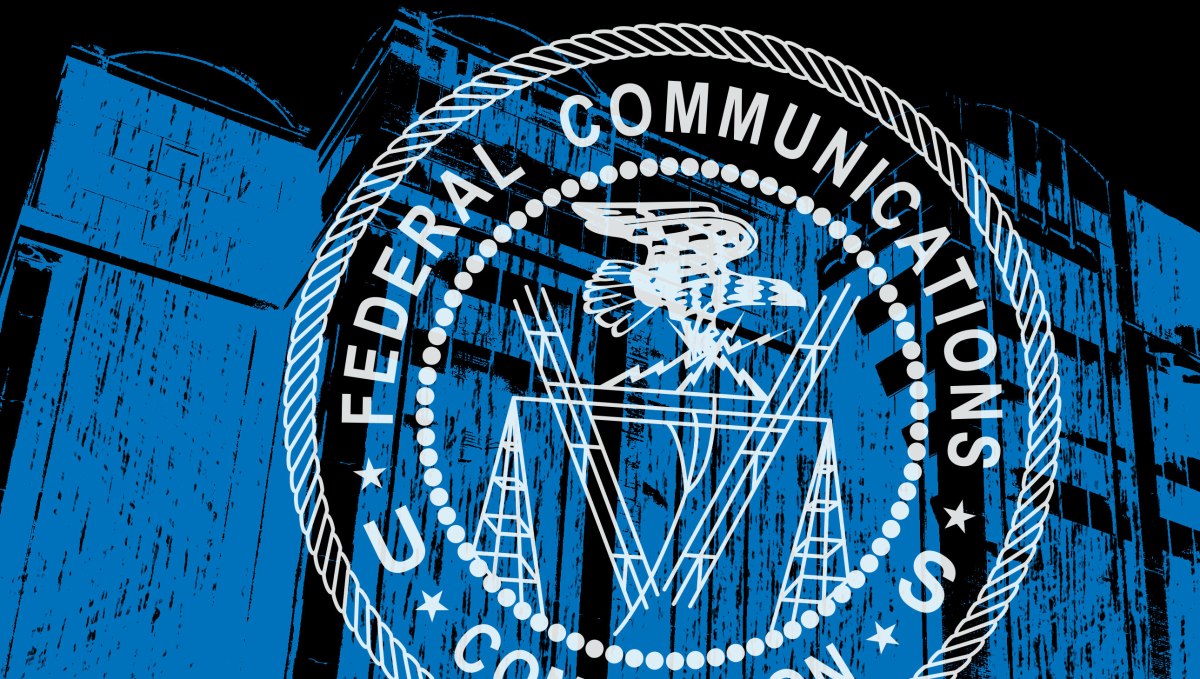The FCC wants to make it significantly easier for consumers to unlock their phones from their carriers, proposing that all devices must be unlockable just 60 days after purchase. How this will mesh with current plans and phone-buying trends, however, is something the agency is hoping to learn before putting such a rule into effect.
Mobile phones purchased from a carrier are generally locked to that carrier until either the contract is up or the phone is paid off. But despite improvements to the process over the years (unlocking was flat-out illegal not long ago), it still isn’t quite clear to all consumers when and how they can unlock their phone and take it to the carrier (or country) of their choice.
To be clear, this is not about opening up your phone using a face, fingerprint or password, but changing settings in its software to allow it to work with different mobile networks.
FCC Chairwoman Jessica Rosenworcel announced the Notice of Proposed Rulemaking, or NPRM, in a press release Thursday. “When you buy a phone, you should have the freedom to decide when to change service to the carrier you want and not have the device you own stuck by practices that prevent you from making that choice,” she wrote. “That is why we are proposing clear, nationwide mobile phone unlocking rules.”
Specifically, the release says, carriers would simply have to provide unlocking services 60 days after activation. A welcome standard, but it may run afoul of today’s phone and wireless markets.
For instance, although the dreaded two-year contract is no longer forced on most consumers, many still opt for them to lock in the price and get other benefits. And perhaps more to the point, the phones themselves are often paid for in what amount to installment plans: You get a phone for “free” and then pay it off over the next few years.
The NPRM is the stage of FCC rulemaking where it has a draft rule but has not yet solicited public feedback. On July 18, the agency will publish the full document and open up commentary on the above issues. And you can be sure there will be some squawking from mobile providers!
Not knowing the specifics of the proposed rule, we can’t be sure how it would mix with these common pay-over-time details. But unlocking a phone doesn’t free someone from needing to pay off the device — they can just use it on other networks if they want. And if a carrier lets you buy a phone outright from it but locks it to the bands for six months or a year out of sheer greed, this would offer an early exit.
As Rosenworcel said, the point of the rule is to offer consistency and transparency: a simple, national rule from regulators setting a reasonable limit on how and whether carriers can lock down devices. We’ll know more in July when the full NPRM is published.


